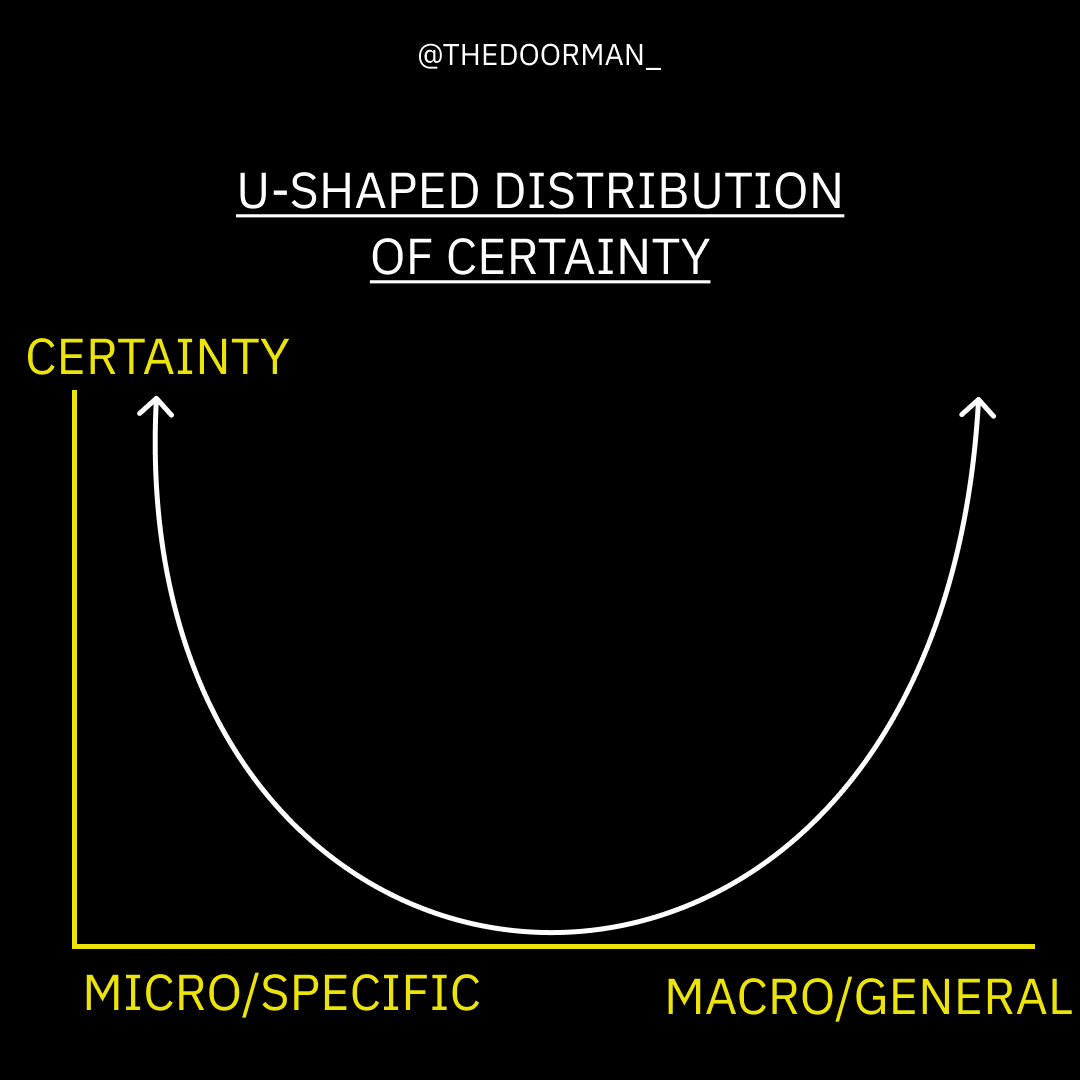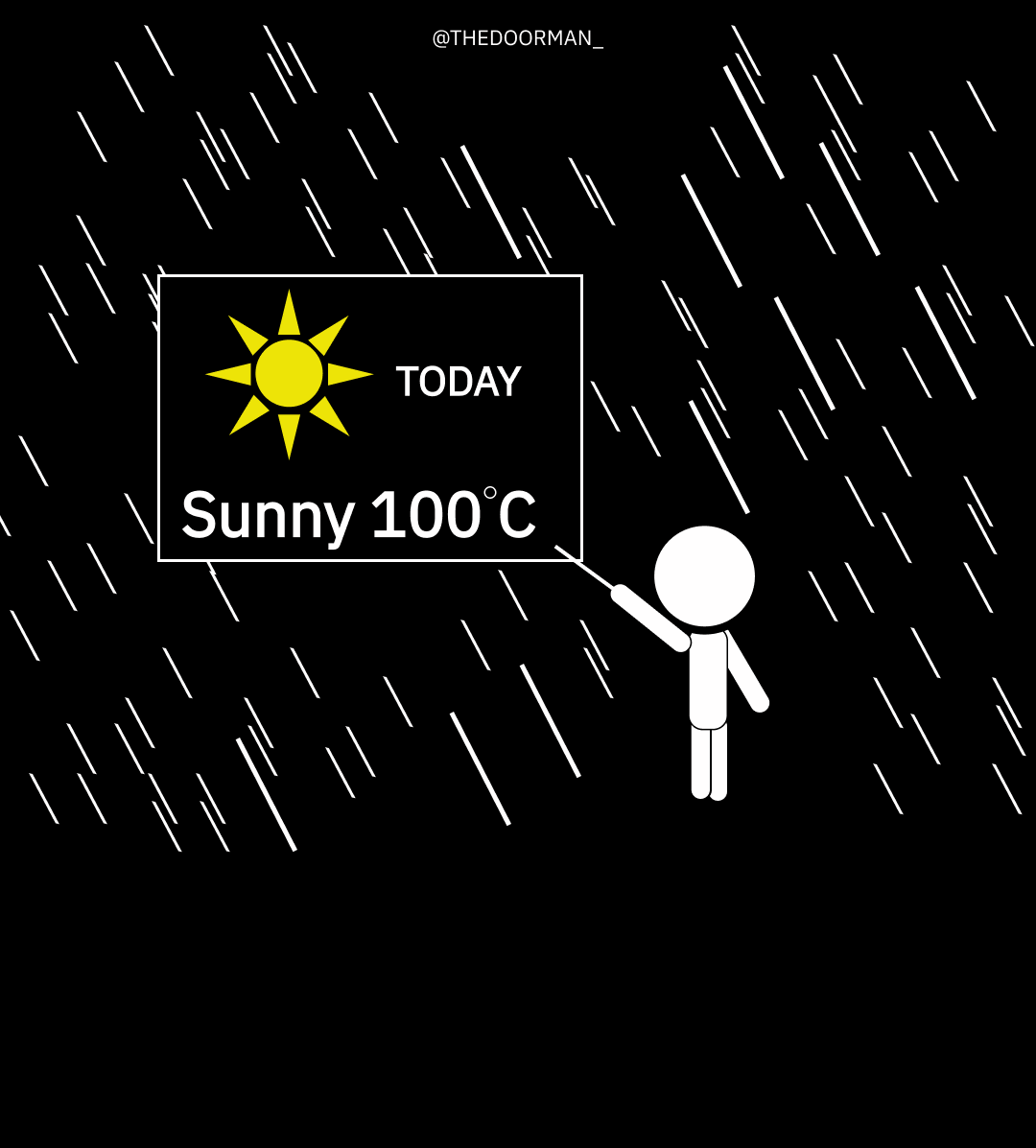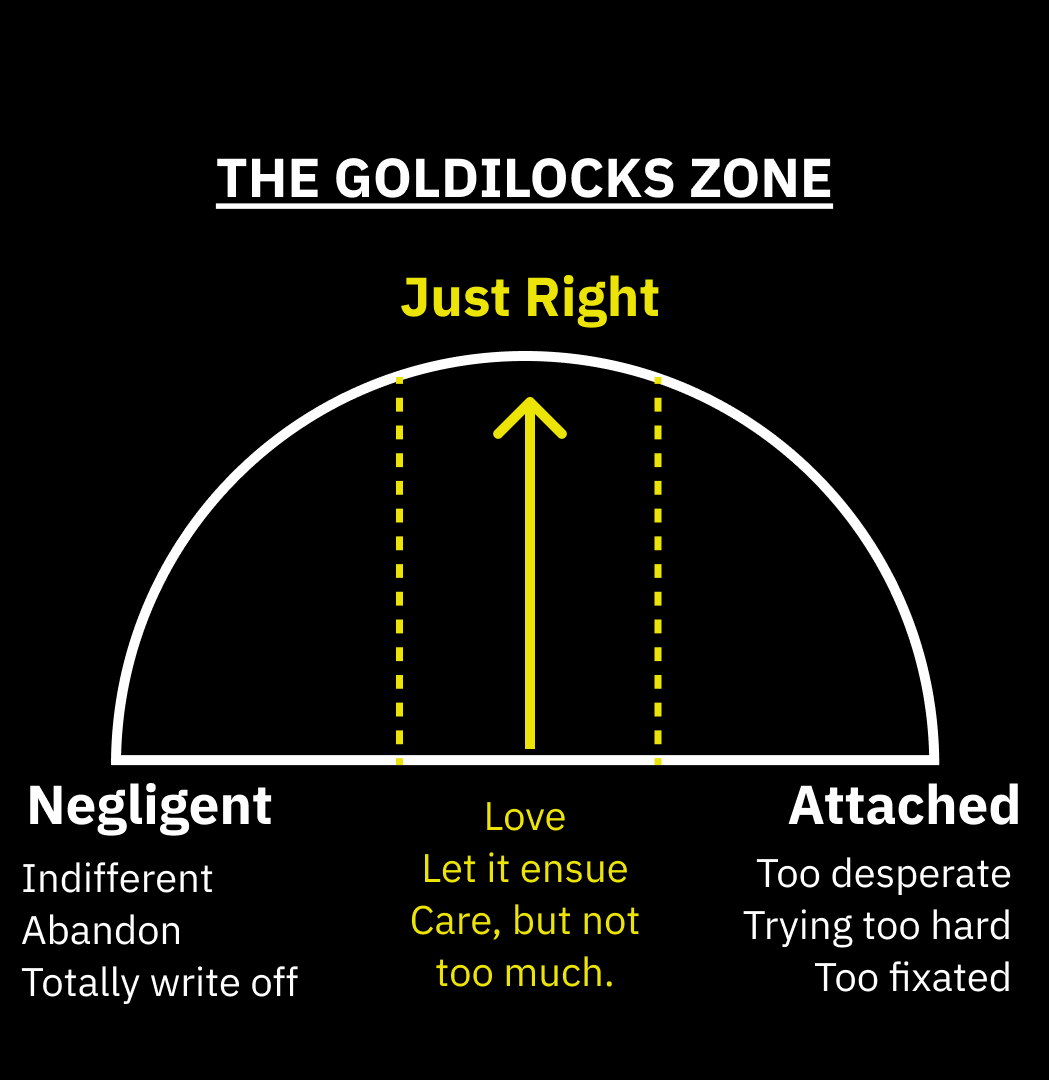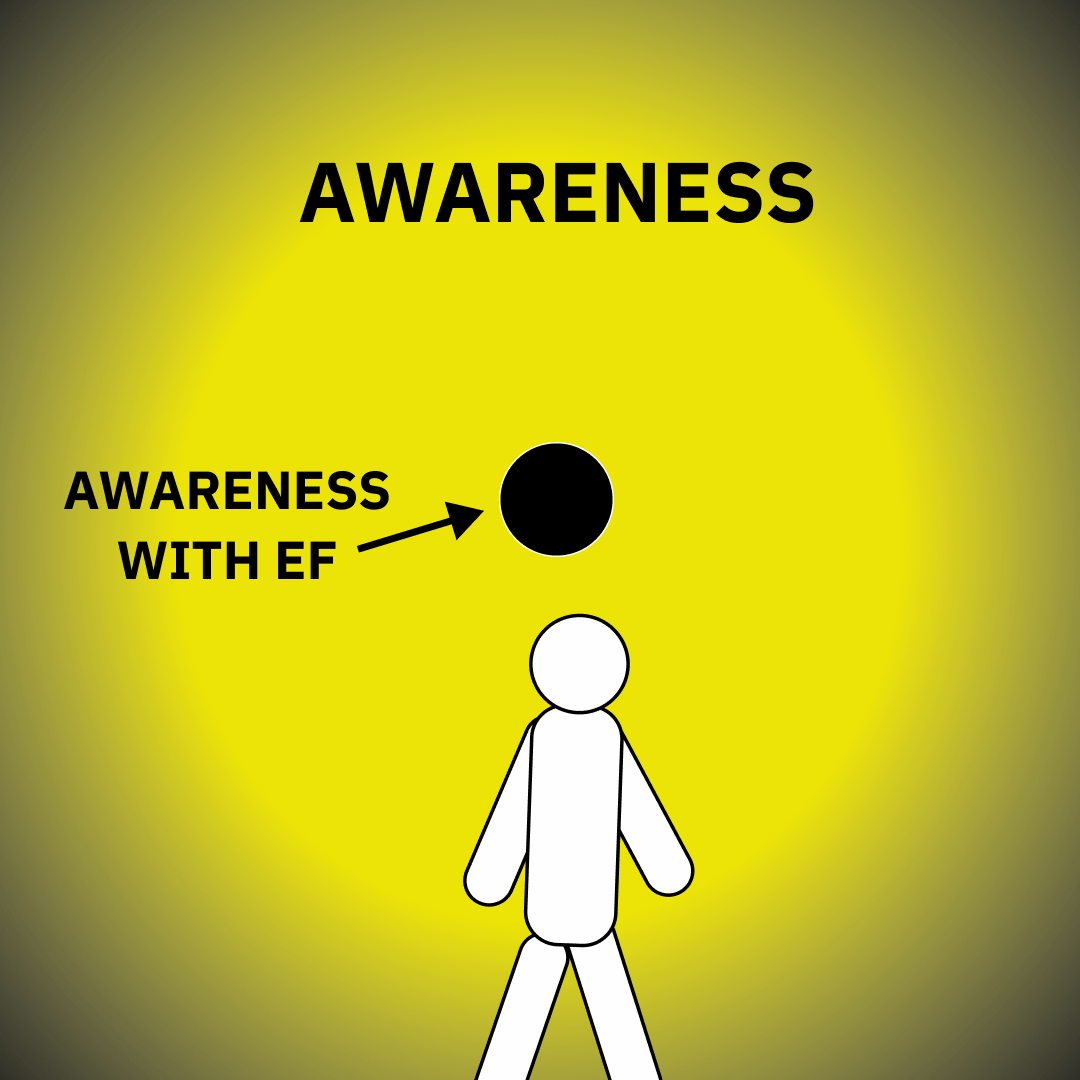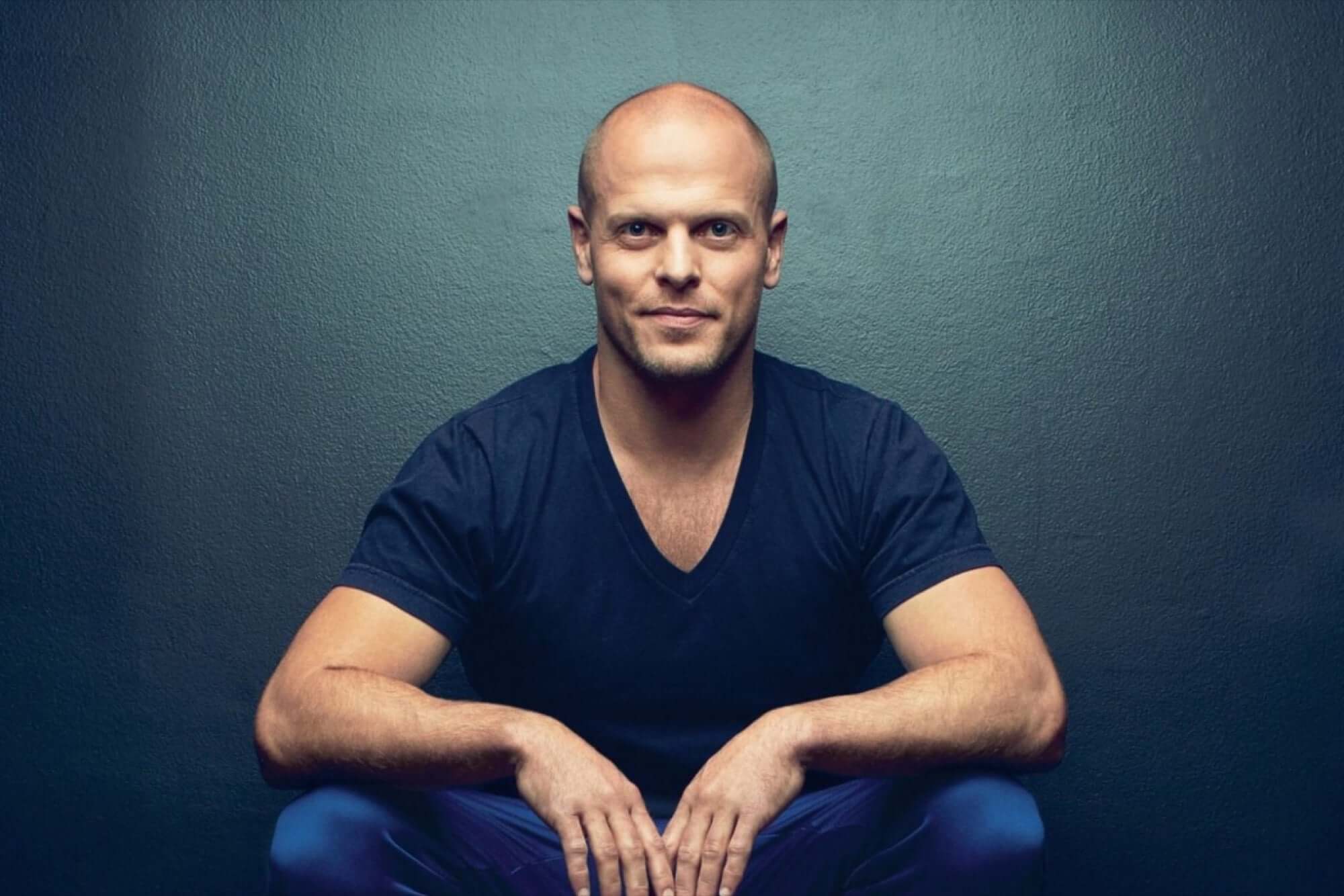The Price of Desire.
I identify with discipline. Everyone looks lazy. I identify with running. Non-runners are missing out. I identify with drinking. The sober people are crazy. I identify with intelligence. People start to look ignorant. I identify with talents. I feel bad for the less talented. I identify with money. I feel bad for poor people. So I change… I identify with being lazy. All pursuits seem trivial. I identify with non-drinking. The drinkers are fools. I identify with atheism. The religious people are deluded. Then I find God. All non-religious are doomed. Did I really find God? It seems I can abuse or over-indulge in anything. I can make any belief dangerous. The consequence is
Explaining The U-Curve of Certainty
So after reflecting on a lot of Nassim Taleb ideas, and a fair bit of my own philosophy, I’ve arrived at this general U-Curve of Certainty Theory. The hope is that it helps us find the truth when speaking about complex systems (What’s a complex system? See my definition here) and avoid ‘The Weatherman Phenomenon — how smart people become dumber, while looking smarter.’ The idea in a nutshell is this — I can be very certain about things that are Micro (smaller in scope), specific/individualised and imminent, and also about things which are very Macro, general and long-term, but not much
The Weatherman Phenomenon — How smart people become dumber, while looking smarter.
Is there a bigger fraudster in society than he who presumes to predict the weather? Let's unpack that today, building on what we first discussed with the U-Curve of Certainty Theory and complex systems. An angry rant about Weathermen (or Weather People, to be more PC). It was New Year’s Eve. I can’t remember the year, what I can remember is the weather forecast — the weatherman said there was a ‘0% chance of rain.’ Not 2%, not 1%, but 0%. You can probably see where this is going. Come New Year’s Eve, it rained. What a bizarre profession, where you can get away with
The ‘Goldilocks Zone’ — Avoid caring too little, or too much, about anything.
Everything in life tastes better with non-attachment. Romantic relationships, friendships, health, career, your goals (if you’re foolish enough to have them)… you can’t even get too caught up in the search for Enlightenment and meaning. You'd be reading a self-help book, and then next thing you know, you're a twenty-one year-old life coach. But there’s a problem with the English Language — we’re missing levels within words. The middle zone is one I’ve come to call ‘The Goldilocks Zone’ — the place of non-attachment. Don't see the value in 'goals'? When you say to someone ‘I don’t see the value in goals’ or
When Rich People Say ‘Don’t Worry About Money’
Questions followed the remorseful billionaire everywhere… ‘How do we make money?’ ‘How do we build wealth like you?’ So he gathered a crowd and addressed them once and for all. ‘Look,’ he said, ‘take it from me, yes I’m a billionaire, but I burned bridges to get here. I chased glory and left a trail of destruction in my wake. Those around me suffered, and in the end it wasn’t worth it. Now I’ve learnt to let it go and live a more balanced life.’ But the crowd got angry and said, ‘it’s easy for you to say, having made the money already! Once we’ve
THE EXISTENTIAL FLU — Diagnosing how we lose awareness and get back on track.
I had a crushing existential crisis recently… Don’t worry, I managed to dig myself out of it. Not only that, but I think I can reduce its occurrence in future. This experience is not just ‘feeling down’ — it’s a completely undocumented illness that plagues the modern world called the Existential Flu. What’s the Existential Flu? When your thinking is invaded by negative questions, self-doubt, low self-belief, a sense of meaninglessness, fuzzy-thinking, frustration for life and… well, that feeling of being hopelessly lost. These thoughts are not accurate, they don’t reflect your reality or progress in life — they are an invasion.
Are You Content To Be Forgotten?
Today you will learn how to get anything you want
How Sad — The Hippy, The Entrepreneur & The Philosopher
There was once a hippy — who didn’t shave his armpits, didn’t shower, and lived out of caravan parks. And one day a blue collar worker drove past the hippy and scoffed at him. ‘Freeloader’ the blue collar worker mumbled to himself. ‘That hippy will never do an honest day’s work his whole life’ the blue collar worker said to himself. ‘How sad.’ The blue collar worker drove to do a job at the house of a white collar worker, an accountant. The accountant scoffed at the blue collar worker, saying to herself ‘this man has to work with his hands, he’ll never
My 9 Biggest Takeaways From The 4 Hour Work Week
The 9 Biggest Takeaways From 4 Hour Work Week This corresponds to the With Joe Wehbe Podcast series unpacking Tim Ferriss’ ideas on learning, early career and life. His famous breakout book, The 4 Hour Work Week has shifted the way a generation think about work, retirement, business and life. While it has its shortcomings in very specific respects — and Ferriss discusses this — it is a key resource for a lot of big dreamers out there. I was one of those people who really got permission to think differently thanks to this book. This post unpacks my big takeaways, and
Tim Ferriss on Learning, Early Career and Life Advice
Tim Ferriss is hard to put in one bucket. He is well known in business circles, and is a go-to for things as diverse as lifestyle design, self-experimentation, high performance, health and





